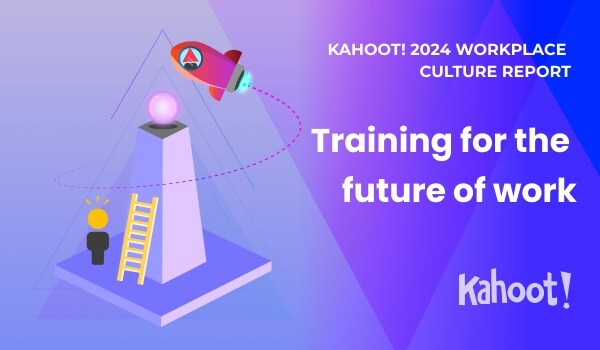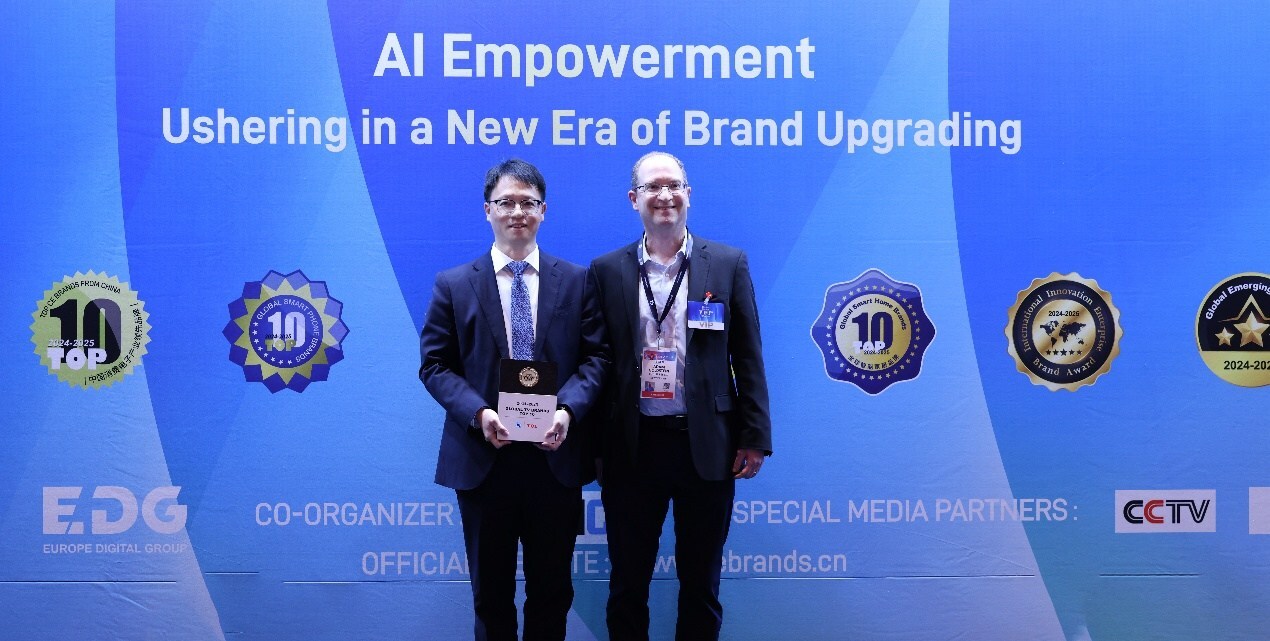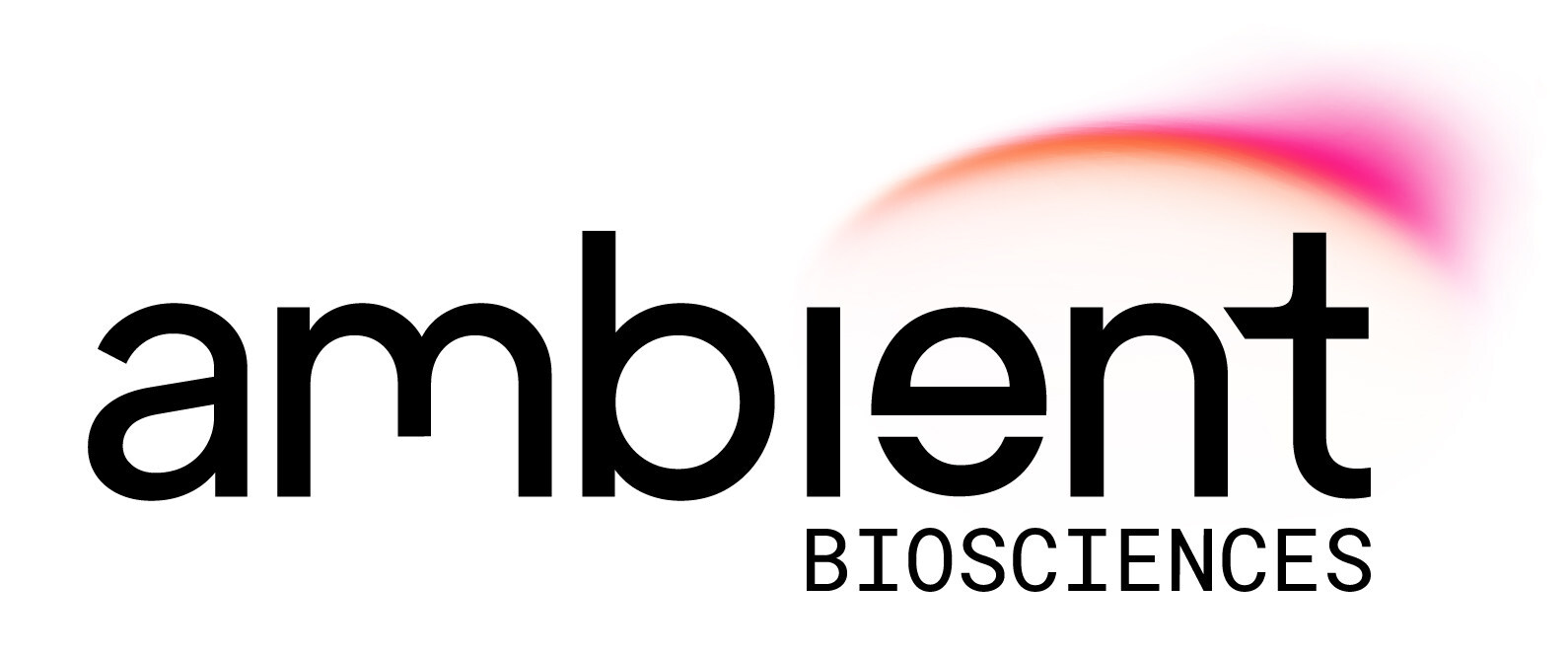Time constraint, misalignment and boring training highlight the need for flexible, engaging upskilling solutions, shows new research from Kahoot!.
AUSTIN, Texas, Oct. 2, 2024 -- As technology and artificial intelligence reshapes industries, 46% of employees fear their skills will be obsolete within five years, with 29% expecting it to happen even sooner, according to new research from Kahoot!, the global learning and engagement platform. Regardless of this, the survey reveals significant barriers to successful upskilling, including time constraints and irrelevant and boring training. The findings highlight the need for flexible, engaging learning solutions to keep workers competitive as AI reshapes skills. Despite AI's rapid advancement, only 4% of employees believe it makes meaningful engagement in training less important.
"Over the past decade, discussions about the 'great skill gap' have gained momentum among experts. This survey shows that now reality has also hit home for workers, as more and more realize the urgent need to upskill in response to shifting industry demands," said Eilert Hanoa, CEO of Kahoot!. "To thrive in today's fast-paced environment, delivering effective training is absolutely crucial. This training needs to be engaging, relevant and deeply embedded in the company culture. Now is the time for companies to get it right."
Key findings from the Kahoot! 2024 Workplace Culture Report reveal:
Task overload and time pressures are blocking workforce upskilling
Time constraints are the primary barrier to upskilling for nearly half of employees (47%), who struggle to balance learning with their day-to-day job responsibilities. Almost half (49%) also say that regular job duties take priority over training, leaving little time for professional development. The result? A workforce under strain: 74% report fatigue, with 34% feeling completely drained by their current workloads. The constant demand for learning only adds to this pressure, as one-third of employees report feeling overwhelmed by the amount of training required to stay effective in their roles.
Frequent context switching is another major obstacle, with nearly half (47%) of workers struggling to focus as they juggle competing tasks. Employees are calling for more flexible learning options, such as microlearning or dedicated time for upskilling integrated into the workday. While the "deep work" concept—sustained attention to cognitively demanding tasks—has gained popularity in the workplace it's rarely applied to upskilling, underscoring the need for focused, distraction-free environments where employees can grow their skills.
Misaligned training programs are leaving employees unprepared for the future
Only a third of employees believe their company's training aligns with their career goals, and 36% say current programs lack relevance and real-world application. Nearly half (46%) of workers find workplace training boring, and 37% say it's delivered in an unengaging way. Compounding the issue, 36% of employees feel their employers are struggling to keep pace with rapid changes in learning needs, while 35% report limited opportunities for peer-to-peer learning—something many believe would significantly benefit their careers.
With only 11% of employees saying their L&D programs are personalized to their career interests, the lack of training alignment is stalling professional growth. Additionally, 53% report limited access to training mentors, highlighting missed opportunities for self-directed learning and peer-to-peer support.
Upskilling efforts go unnoticed, undermining motivation
Despite employees' efforts to upskill, their hard work often goes unrecognized. Nearly 46% of respondents say their companies fail to acknowledge or reward their learning achievements, stifling motivation. In fact, 90% of employees say they would be more inclined to upskill if their efforts were recognized. The lack of recognition is not felt equally across departments—while 69% of IT workers feel rewarded for their learning, only 39% of those in Operations say the same. Moreover, men are more likely than women to feel recognized for their upskilling efforts, underscoring a disparity in how learning achievements are valued across the workforce.
About the Kahoot! 2024 Workplace Culture Report: Training for the Future of Work
This survey was conducted online within the United States by market-research consultancy Researchscape on behalf of Kahoot! from August 26 to September 3, 2024. A total of 1,041 full time office workers from selected industries including technology, healthcare and financial services participated in the survey. For more questions on the research, please contact press@kahoot.com or visit kahoot.com.
About Kahoot!
Kahoot! is on a mission to make learning awesome! We want to empower everyone, including children, students, and employees to unlock their full learning potential. Our learning platform makes it easy for any individual or corporation to create, share, and host learning sessions that drive compelling engagement. Launched in 2013, Kahoot!'s vision is to build the leading learning platform in the world. Since launch, Kahoot! has hosted hundreds of millions of learning sessions with over 10 billion participants (non-unique) in more than 200 countries and regions. The Kahoot! Group includes Clever, the leading US K-12 EdTech learning platform, together with the learning apps DragonBox, Poio, Drops, Actimo, Motimate, and Whiteboard.fi. The Kahoot! Group is headquartered in Oslo, Norway with offices in the US, the UK, France, Finland, Estonia, Denmark, Spain and Poland. To learn more, visit us at kahoot.com. Let's play!
This News is brought to you by Qube Mark, your trusted source for the latest updates and insights in marketing technology. Stay tuned for more groundbreaking innovations in the world of technology.









